Food security is a central consideration of any intelligent international economic or security policy. Whether the focus of discussion or the trigger for a possible crisis is water scarcity, land use and soil erosion, ecosystem collapse, fuel or grain prices, political legitimacy or military conflict over resources, the systematic depletion of vital resources is a practical deficit no single interest or ideology can solve.
Food crisis, obviously, means human crisis, and so the scarcity of resources needed to provide sustenance puts at risk the stability of whole political systems, spanning nations and regions. We don’t need to be environmentalists to see clearly how such instability affects the security of our own economic opportunity, or even the affordability of our food supply.
Scarcity and overuse of resources make prices rise. Crisis accelerates the rate of price increase. There are some interests that want this, because they can extract higher profits from a higher price regime, and they are large enough to be able to cover the massive cost of operating in such an environment. They may even view such a distorted market environment as uniquely beneficial in that it will degrade and devalue smaller competitors, possibly until they are driven out of the marketplace altogether.
But if we want markets that are truly free and open, they must be accessible to everyone. Inaccessible markets generate compounded concurrent costs, which can escalate dramatically if a significant number of people are left unable to cope with the standard cost of living or worse: of sudden crisis.
In northwestern China, once highly productive land is now turning to dust. The American west is overpumping the Ogallala aquifer —a “fossil” reserve of fresh water, because it cannot be replenished— at such a pace it may soon fail to provide needed irrigation to vital arable land. Northern Nigeria is being overrun by the advance of the Sahara desert, and huge swaths of territory in the Democratic Republic of Congo are being leased to China, which seeks to replace land lost.
Last summer, the record Russian heatwave drastically reduced the Russian grain harvest, one of the world’s largest. As a result, a major grain exporter supplying already scarcity-stressed markets banned exports. This, together with rising fuel costs and mounting water scarcity, worldwide, has sent food prices to all-time record levels.
There are very real risks to the food supply from this accelerating confluence of events, among others. In the United States, we do not have a food security strategy designed to cope with this very real security risk. We have farm policies and very strong policies on the governance of our own food supply, but we rely mostly on our economic primacy and massive domestic food production to ensure our own relative food supply security.
The potential weak link in this policy chain, however, is the lack of a serious policy on how best to shore up food supplies the world around in order to prevent economic and political fallout that could threaten our own economic security. From the independent point of view, we don’t need ideology to prepare better for this 21st century threat, and it cannot be justifiably argued that no response is warranted and markets will take care of everything.
We need to do something that makes sense, something that is aimed at solving the problem: that means using our leverage on trade pacts and in the international lending and aid landscape to foster better land-use, energy-use and water-use policies, so that resource scarcity does not continue to undermine political and economic security in so many places.
If we look at the scale of the problem, the rapidly escalating human population —currently 6.93 billion and expected to reach 7 billion before year’s end—, and how much work remains to be done, it is easy to put the resolution of the problem on the other side of a statistical barrier that says resolving the problem is impossible, relieving us of the responsibility to take action.
This is contrary, however, to a more thorough and reasoned approach to the problem: problems don’t exist to frustrate our humanity, but to be addressed by our most imaginative and coherent thinking. The ethical approach entails making sure we devote our best and most thorough thinking to every weak spot in our interaction with the world.
We can make sure we take into consideration the wider impact of our activities on our fellow human beings, in our communities, in our nation and around the world, without losing any of our liberty. In fact, we can increase and safeguard our own sovereign personal liberty, by making sure we don’t erode the conditions that make prosperity sustainable for others—just as we want shelter from destabilizing intrusions.

(Reuters) – World Bank chief Robert Zoellick on Tuesday said global food prices have reached “dangerous levels,” and warned that their impact could complicate fragile political and social conditions in the Middle East and Central Asia.
World Bank data released on Tuesday showed higher food prices — mainly for wheat, maize, sugars and edible oils – have pushed 44 million more people in developing countries into extreme poverty since June 2010.
“There is no room for complacency,” Zoellick told a conference call. “Global food prices are now at dangerous levels and it is also clear that recent food price rises are causing pain and suffering for poor people around the globe.”